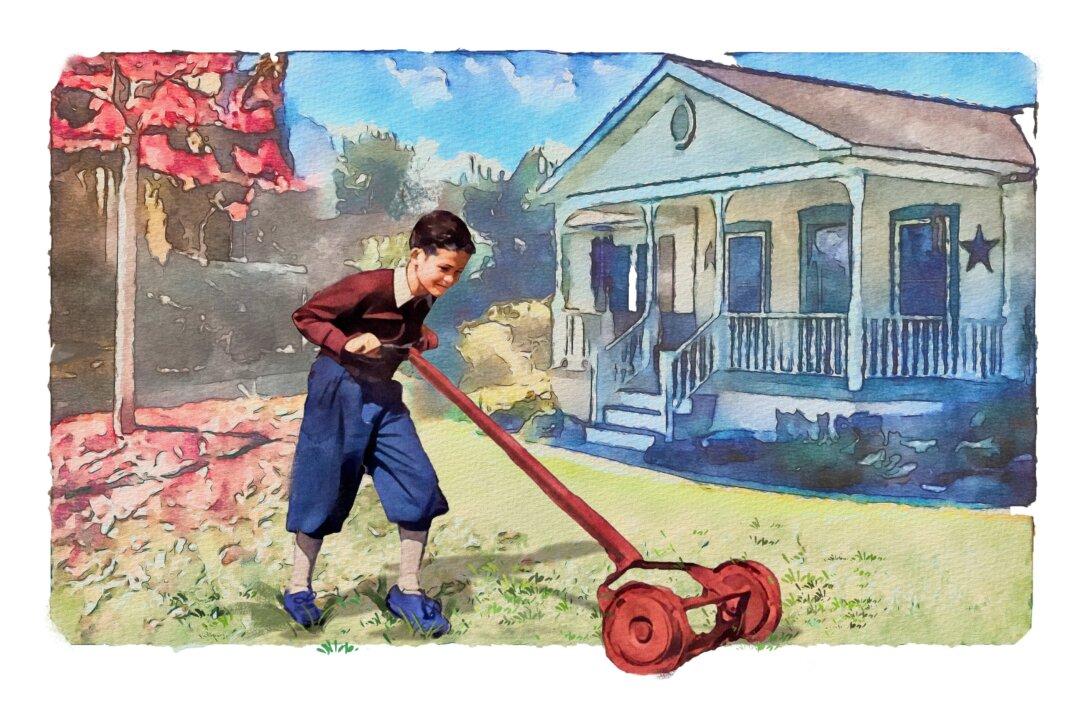Search online for “Americans are lazy workers” and a cluster of articles pops up. Some of them deny that claim, while others declare it valid. A few writers also point out that this accusation is decades old, while those who disagree argue that today’s employees are in fact much lazier than in days gone by.
The latter group provides a variety of reasons for this perceived indolence. Today’s workers, they say, want to work less and play more. They lack incentives to put out extra effort. Some of them resent serving employers or customers, some regard their job as meaningless, and some simply dislike work in general.






